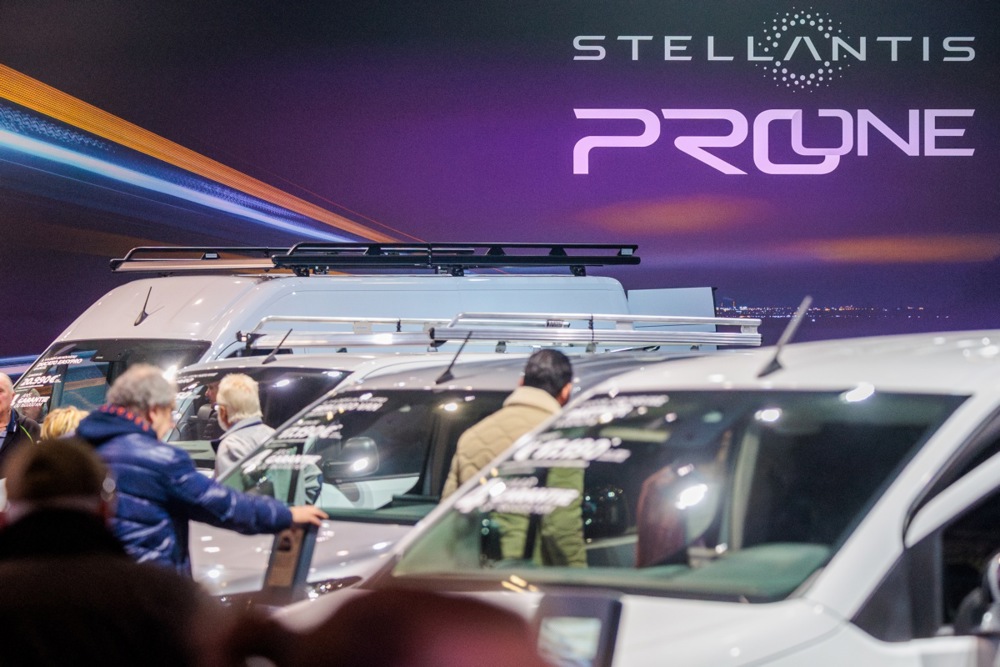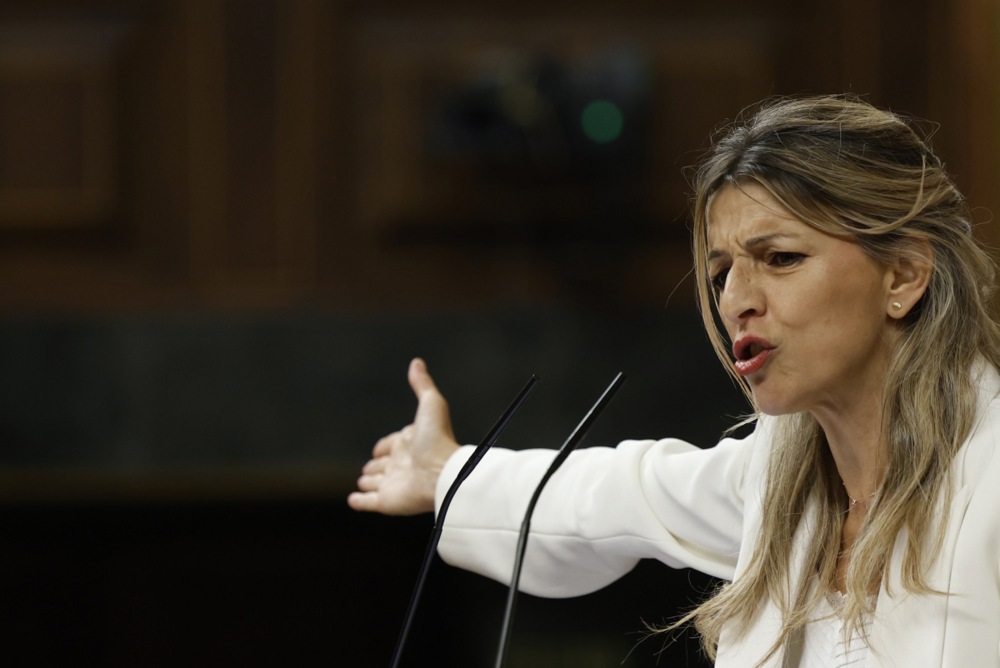Misleading terms such as “veggy burger”, “soy sausage” or “vegan steak” should be banned, the European Parliament has voted.
These highly processed food products are often associated with healthy and tasty meat-related terms, while serving as an artificial replacement for it, much to the annoyance of farmers, chefs, and anyone who values authentic, well-prepared food over industrially fabricated imitations.
An amendment by Céline Imart on food supply chains, French MEP for the European People’s Party, calls for meat and meat cuts to be reserved exclusively for the edible parts of animals.
“‘Meat preparations’ means fresh meat, including meat that has been reduced to fragments, which has had foodstuffs, seasonings or additives added to it, or which has undergone processes that do not alter the internal muscle fibre structure of the meat enough for the characteristics of fresh meat to be eliminated”, the amendment reads.
” ‘Meat products’ means processed products resulting from the processing of meat or from the further processing of such processed products, so that the cut surface shows that the product no longer has the characteristics of fresh meat. Names that fall under Article 17 of Regulation (EU) No 1169/2011 that are currently used for meat products and meat preparations shall be reserved exclusively for products containing meat”.
These include names such as steak, sausage, escalope, burger, egg yolk etc. Cell-cultured products are excluded.
Imart had three amendments approved serving to protect the farmers in the value chain of food and European food sovereignty. She said they would reinforce their income but also offer more transparency for consumers.
Un vote crucial pour les agriculteurs a lieu à 12h30 au Parlement européen.
Défendre le revenu agricole, protéger nos éleveurs et garantir la souveraineté alimentaire européenne : voilà le sens de mon rapport.
Ce vote, c’est le minimum que nous leur devons ⤵️ pic.twitter.com/TDpDbU4P6w
— Céline Imart (@CelineImart) October 8, 2025
Despite being called “plant based”, meat replacement products are highly engineered.
To mimic the taste, texture, and appearance of meat, these products often contain multiple additives and chemicals: Binders and thickeners to hold them together, flavourings to simulate a “meaty” taste, colorants to make them look like real meat, and oils or fats for mouthfeel. Some are fortified with vitamins and protein isolates to compensate their lack of nutritional value.
In the plenary, 355 MEPs voted in favour of the Imart amendment, 247 against, and 30 abstained.
Dutch MEP for the Farmer Citizen Movement Jessika van Leeuwen said, “We are happy that the amendment on protecting the names of meat products has passed. This will allow consumers to be better informed about their purchases, and it ensures that the craftsmanship of our farmers and butchers is properly valued.”
Farm Europe also supported the legislation, noting this is a time “when marketing practices increasingly blur the distinction between traditional animal-based products and their plant-based or lab-grown imitations”.
They called for “a swift introduction of a solid and comprehensive framework for the protection of meat product denominations, notably concerning key terms such as ‘burger,’ ‘sausage,’ and ‘steak’ which are among the most commonly misused names for marketing imitation products.”
“Words matter! Clear and honest labelling is not simply a marketing issue—it is a matter of public health, consumer trust, and fair competition. Furthermore the report gives an answer to the vast majority of consumers asking to know the specific country—or even region—of origin of their food, intended as the place of farming.”
Belgian Green MEP Sara Matthieu was disappointed. She called it an “incredible” decision.
“I have never heard of anyone making a mistake when buying real chicken or veggie chicken. This is the height of patronising behaviour – people know what they are putting in their shopping trolleys.”
“While farmers are struggling with low incomes, unfair contracts and climate change, the right-wing is preoccupied with this nonsense. They are haggling over wording on packaging and useless regulations. It is shameful that this proposal has been approved”, she added.
Dutch Volt MEP Ana Strolenberg called the decision absurd. She claimed the ban “will only create extra costs for producers”.
“What’s next — a motion to ban the word beef tomato? The only winner here is the meat lobby.”
After being approved by the European Parliament, the European Commission and member states have to approve it as well before it becomes EU law.





